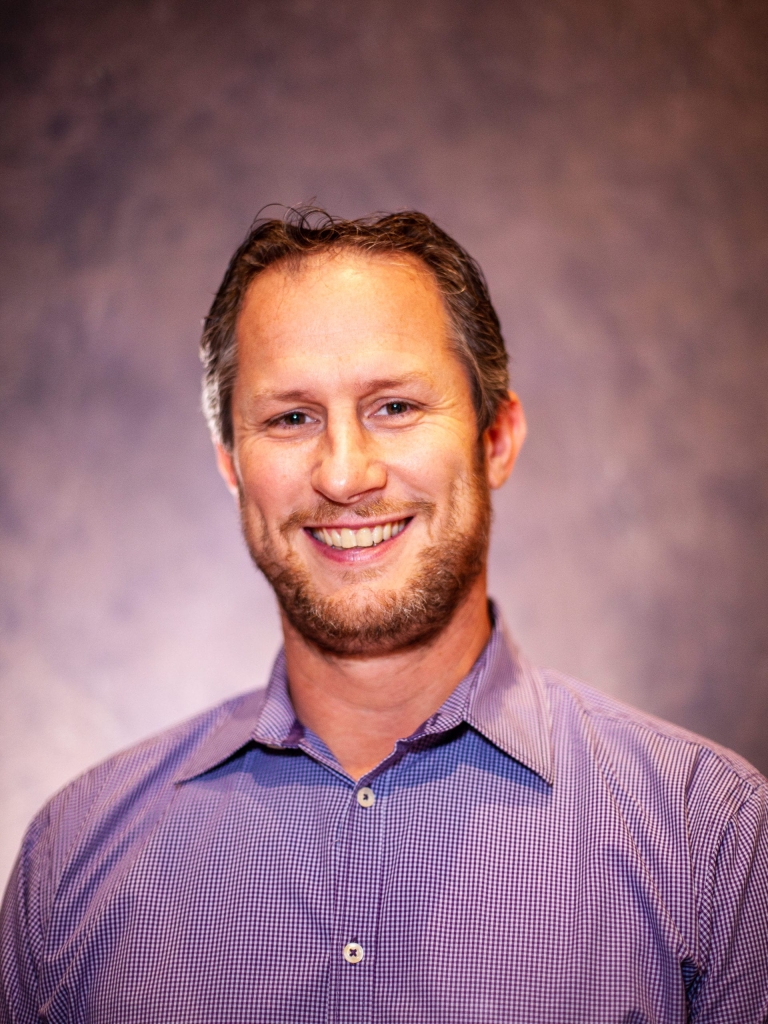Training Library
Access to the Training Library is exclusively for NCPG Members. Get unlimited access to our educational resources by becoming a member today.
Agility Grants Fall 2025 Info Session
This 60-minute webinar will provide information on how to apply for Agility Grant funding. Geared for first-time applicants, the webinar is designed to help you submit the best application possible. During the webinar, we will review the essentials of applying, including:
- Strategic pillars & program principles
- Who can apply for Agility Grants
- Examples of eligible projects
- An overview of the application platform
- Common application pitfalls and how to avoid them
- Tips to strengthen your project proposal
- Q & A
There are no CEs available for this webinar.
2025 NCPG Annual Members Meeting
Join NCPG’s Annual Members Meeting for important updates from the Board of Directors and staff on recent initiatives, organizational developments, and priorities for the year ahead. The 2025 meeting will be hosted virtually via Zoom. Registration is required to access the meeting.
There are no CE’s available for this webinar.
Town Hall with NCPG Board Candidates
Meet the candidates running in the 2025 NCPG Board of Directors election. The list of 2025 candidates can be found here.
There are no CE’s available for this webinar.
AMA: Let’s Talk About Gambling on Campus – Reaching and Supporting College Students
How is gambling really showing up on college campuses? Are students at higher risk for gambling problems? What kind of messaging actually gets through to them — and what falls flat? This engaging “Ask Me Anything” session will feature experts from the University of Nebraska and the Zepf Center in partnership with the University of Toledo sharing their innovative approaches to reaching college students. Join us as they answer your questions and share real-world insights on what it takes to effectively engage young adults and promote responsible gambling on campus.
There are no CEs available for this webinar.
Presenters
Megan Poliquin, LPCC-S, LICDC-GAMB
Megan Poliquin is a Licensed Professional Clinical Counselor with her supervision designation & a Licensed Independent Chemical Dependency Counselor with her GAMB (Gambling) Endorsement. Megan is the Gambling Treatment Program Manager at Zepf Center in Toledo, Ohio and has been working in the field of gambling disorder since 2018. She is also a 2020 graduate of the Ohio Gambling Treatment Fellowship Program. She is passionate about building the gambling treatment workforce and providing supportive supervision. In her spare time, Megan enjoys watching hockey, spending time with her husband and two fur babies, and planning future vacations!
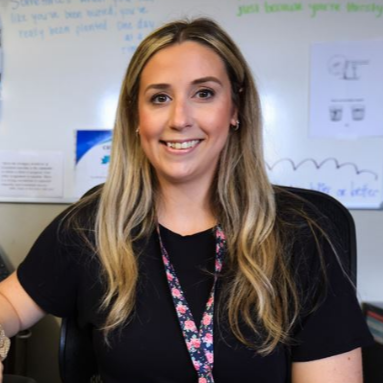
Jon Gayer, Ph.D.
Jon Gayer is the Assistant Director of Alcohol & Drug Education at the University of Nebraska–Lincoln, where he supports student well-being through education and outreach around substance use. He has worked in student affairs at UNL for nearly a decade, previously serving as Assistant Director for Fraternity and Sorority Life. Gayer holds a doctorate in Higher Education/Higher Education Administration from UNL.
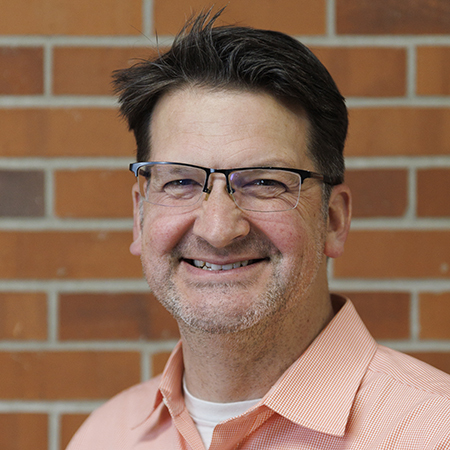
Beyond the Bracket: Understanding the Impact of Gambling Addiction on Mental Health
Join the National Council on Problem Gambling and the American Foundation for Suicide Prevention for a Congressional Briefing with Honorary co-host the Bipartisan Senate Mental Health Caucus. With sports betting now legal in 38 states and wagers soaring to $121.1billion annually, problem gambling has emerged as an urgent yet under-addressed mental health concern. Join leading experts to understand the critical intersection between gambling addiction and mental health, with a special focus on how this challenge affects military service members.
There are no CE’s available for this webinar.
Strengthening State Advocacy Efforts Through Grassroots Campaigns
Explore strategies and tips for strengthening state problem gambling advocacy efforts through an advocacy campaign. Attendees will learn how to map out a state-level advocacy campaign to advocate for stronger protections to mitigate gambling-related harm within state legislation. The session will highlight what a successful advocacy campaign entails, offer tips for engaging stakeholders, and provide insights on which policy changes will better address problem gambling at the local level.
There are no CEs available for this webinar.
Presenter
Cole Wogoman
Cole Wogoman joined NCPG in November 2021. He focuses on advocating for NCPG’s legislative agenda of problem gambling and responsible gambling policies to both the U.S. Congress and the Executive Branch. Cole also works with NCPG’s Board of Directors, state affiliates, and members on proposed state and local legislation and regulations across the country.
Cole is a licensed attorney in the District of Columbia. Previously, he served as legislative counsel for D.C. Councilmember Mary M. Cheh, advising her on a wide range of issues, including sports gambling, transportation, and agency oversight. Before his time in public service, Cole worked as an associate for the law firm of Willkie Farr and Gallagher. He holds a JD from the University of Virginia School of Law, and a BA in Political Science with a minor in Business Economics from the University of Notre Dame.
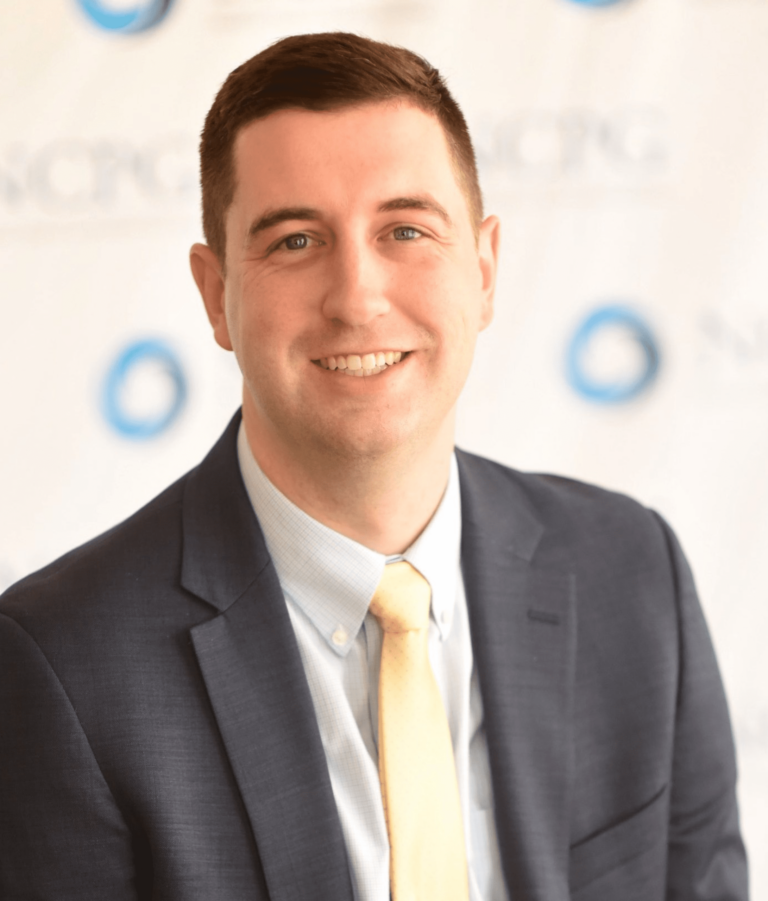
Ask Me Anything: A Digital Marketing Perspective on Public Health
This “Ask Me Anything” webinar will offer a digital marketing perspective on public health communications, featuring speakers from Magneti, the creative agency that led the 1-800-GAMBLER brand relaunch. Attendees will learn about the strategies, creative processes, and digital tools used to promote problem gambling and responsible gambling awareness and outreach. The session will also provide insights into how public health campaigns can effectively engage and influence audiences, with a focus on increasing awareness and education.
There are no CEs available for this webinar.
Presenters
David Lucas
David’s expertise as a market research consultant lies in delivering actionable, goal-aligned insights for marketing, product, and brand initiatives. His strengths-focused approach to understanding organizational decisions and his passion for human-anchored strategy have led him to career engagements with Fortune 100s, scrappy startups, venerable non-profits, and everything in between. With experience developing and sharing insight at the whiteboard stage, implementation stage, and in board room and C-suite contexts, David focuses on connecting audience insights with an organization’s mission, business strategy, resources, culture, and opportunities.

Ben Robb
Ben’s expertise is in brand and messaging development. At Magneti, he’s defined the agency’s brand-related philosophies, processes and offerings and built the teams of virtuosos who deliver the work. When good ideas and talented people flourish, Ben’s happy. And when he’s skiing with his kids, or riding bikes with his wife, or running trails with Rufus the Robb dog — you get the idea — life’s full and beautiful in the clean Colorado air.
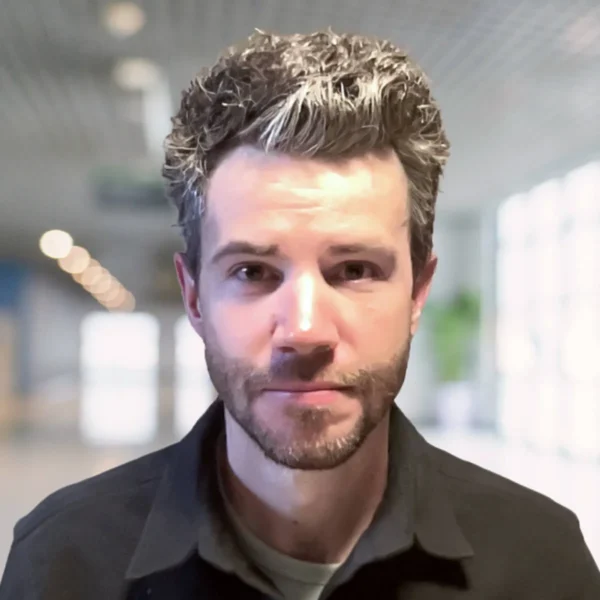
2024 in Review: The National Problem Gambling Helpline Network
Discover how the National Problem Gambling Helpline Network has adapted to meet the changing needs of help-seekers in 2024 and what’s on the horizon for 2025. This webinar will highlight key trends in helpline usage over the past year, provide insights into the increasing demand for problem gambling support resources, and the capacity of the network contact centers to meet this demand. The webinar will also showcase some of the plans to continue to evolve the network and reduce barriers to care for those seeking help for a gambling problem.
There are no CEs available for this webinar.
Presenter
Jaime Costello
Jaime Costello joined the National Council on Problem Gambling in April 2022 as the Director of Programs. In this position, she will oversee the planning, development and evaluation of NCPG programs, support strategic planning efforts through consistent monitoring, and serve as a spokesperson for national problem gambling efforts. Jaime is an experienced addiction and public health professional with nearly fifteen years of experience working in the problem gambling field. In her last position as Bureau Director of Prevention and Training at the New York Council on Problem Gambling, she played an integral role in the development and growth of the Problem Gambling Resource Centers ensuring that professionals, individuals, families and communities have access to prevention and support services throughout the state. She has also spearheaded professional training efforts, prevention programs and coalition development for a variety of causes. Jaime is passionate about engaging the community in change efforts and emphasizing the need for interdisciplinary work among fields to address behavioral and physical health concerns. Jaime received her Master of Public Health from the University of New England, and lives with her family in the Adirondack Park.
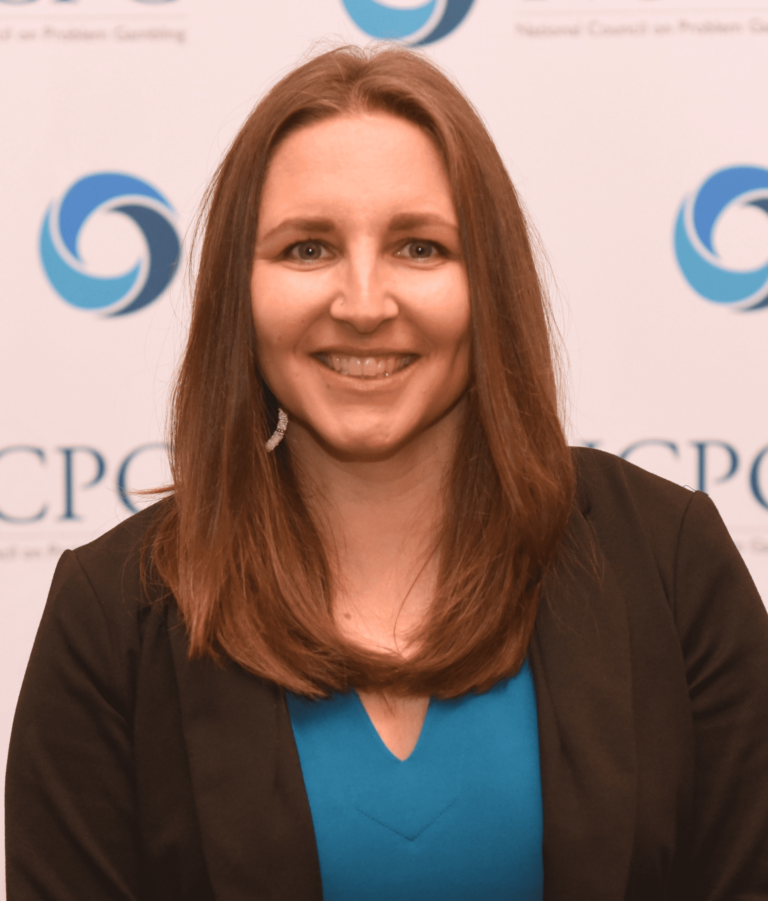
Ask Me Anything: What Happens When You Call 1-800-GAMBLER?
Ever wondered what happens when you call 1-800-GAMBLER? In this “Ask Me Anything” live event, Valerie Tebbetts, IGRS, BARA, a helpline operator from the National Problem Gambling Helpline Network will walk you through the call process, from the initial contact to the resources available for individuals impacted by problem gambling. Attendees will gain insights into the services provided during a call to 1-800-GAMBLER, how privacy is maintained throughout the contact, and the type of resources that may be offered to support a recovery journey.
There are no CEs available for this webinar.
Agility Grants Spring 2025 Info Session
This 60-minute webinar will provide information on how to apply for Agility Grant funding. Geared for first-time applicants, the webinar is designed to help you submit the best application possible. During the webinar, we will review the essentials of applying, including:
- Strategic pillars & program principles
- Who can apply for Agility Grants
- Examples of eligible projects
- An overview of the application platform
- Common application pitfalls and how to avoid them
- Tips to strengthen your project proposal
- Q & A
There are no CEs available for this webinar.
Ask an Expert: Anita Pindiur & The Illinois ‘Are You Really Winning?’ Campaign
Join Anita Pindiur, Executive Director of the Way Back Inn, as she shares insights into the creation and execution of Illinois’ “Are You Really Winning?” campaign. Anita will answer questions about the campaign’s journey from concept to statewide implementation, which focuses on problem gambling prevention, intervention, and treatment. Attendees will learn how the Way Back Inn partnered with marketing experts to ensure broad public exposure through TV, radio, billboards, bus shelters, and in-stadium displays. Anita will also discuss the collaborative efforts to unify state agencies with a singular message, promoting the 1-800-GAMBLER helpline and dedicated campaign website.
This Ask an Expert session will highlight the impact, success, and lessons learned from the campaign’s goal to expand access to critical resources and support for those impacted by problem gambling.
There are no CE’s available for this webinar.
Presenter
Anita Pindiur, LCPC, CADC, PCGC, ICDVP
Anita Pindiur, Executive Director of the Way Back Inn has been with the Way Back Inn since 2002. Anita is a Licensed Clinical Professional Counselor and holds certifications in substance use disorders, gambling disorders, domestic violence, and anger management. Anita attended Loyola University for her undergraduate degree and Benedictine University for her Master of Science in Clinical Psychology. Anita is involved with many boards, committees, and task forces.
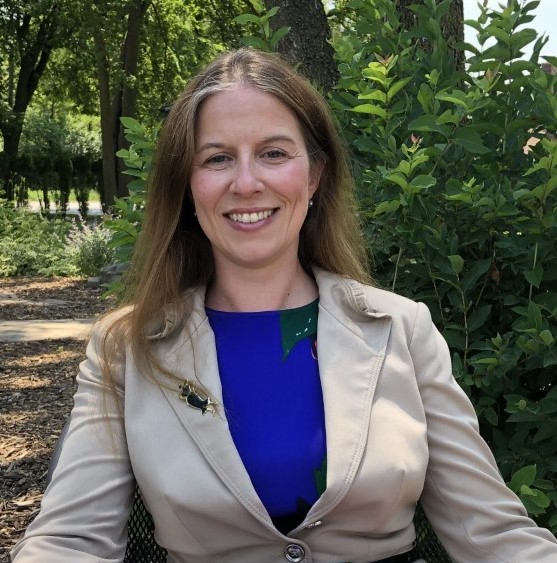
Exploring Volunteer Opportunities with NCPG Committees and Groups
NCPG relies on the volunteer efforts of numerous committees, groups, and task forces to move forward the organization’s mission. This webinar will provide an inside look at the various committees and groups within NCPG that members & stakeholders can join to contribute to the organization. From shaping policy to advancing responsible gambling education, there are many ways to get involved and support NCPG!
During this session, attendees will learn about the roles, objectives, and recent initiatives of the current committees, groups, and task forces. Presenters will review how members can apply their skills, network with other advocates, and influence critical work in the field. This webinar is an excellent opportunity to discover opportunities that align with your interests and professional goals and learn how to get started in an NCPG volunteer role that fits your schedule and strengths.
To see a listing and brief description of the current committees, groups, and task forces, click here.
Interested in volunteering with NCPG?
The Call for Volunteers opens November 7, 2024! Committee rosters will be finalized in January, and service will start on February 1, 2025. All applicants will be notified of committee assignments in early January. Complete the online application here. The deadline is December 19, 2024.
There are no CE’s available for this webinar.
Report Release Webinar: U.S. States’ Sports Betting Regulations Evaluation Against NCPG Standards
Join the National Council on Problem Gambling and Vixio Regulatory Intelligence for a webinar to discuss the findings from “U.S. States’ Sports Betting Regulations: An Evaluation Against National Council on Problem Gambling Standards” (report to be released on Thursday, September 19, 2024).
This report provides a comparative analysis of responsible gambling requirements across those U.S. states with legal mobile sports wagering by cross-referencing requirements established by state laws or regulations against the Internet Responsible Gambling Standards developed by NCPG.
There are no CE’s available for this webinar.
Presenters
Keith Whyte
Keith S. Whyte became the Executive Director of the National Council on Problem Gambling (NCPG) in October 1998. NCPG serves as the national advocate to mitigate gambling-related harm. NCPG was founded in 1972 and is the oldest and most objective organization on gambling issues.
Previously, Mr. Whyte served as Director of Research for the American Gaming Association where he was responsible for research and public policy issues, including problem gambling. His prior experience includes the American Bar Association’s Section of Individual Rights and Responsibilities where he dealt with policy issues relating to civil rights, human rights, healthcare, and immigration law. He began his career working on healthcare policy in the office of the Assistant Secretary for Planning and Evaluation at the U.S. Department of Health and Human Services. Keith graduated from Hampden-Sydney College with a Bachelor of Arts in History and a Certificate in International Relations. He also studied at Leiden University, the Netherlands.
Mr. Whyte has presented in 39 US states and Austria, Bahamas, Canada, France, Greece, Hong Kong, Macau, Malawi, New Zealand, Spain, South Africa and the United Kingdom. He has written numerous articles, studies and book chapters on gaming issues. In addition, Keith has testified four times before the United States Congress on gambling-related legislation. He regularly discusses gaming issues in national and international print, radio and broadcast media, including appearances on ABC News, ABC News Nightline, CBS News, CBS Today Show, Dateline NBC, NBC Nightly News, Fox News, ESPN, CNN, CNN International, Voice of America and the BBC. Keith is an Editorial Board member of Gaming Law Review and Analysis of Gambling Behavior. He is a member of the International Masters in Gaming Law Responsible Gaming Committee. Keith also serves as a reviewer for the Journal of Gambling Issues and the Alberta Gaming Research Institute, and sits on the Advisory Boards of the International Centre for Youth Gambling Problems and High-Risk Behaviors at McGill University and the Center for Gambling Studies at Rutgers University. A longtime resident of Arlington, Virginia with his wife Stacey and son Ian, Keith is an appointed member of the Arlington Community Services Board, precinct captain for the Arlington County Democratic Committee, delegate to the Arlington Civic Federation and longtime volunteer for the Arlington Food Assistance Center. He is an avid cyclist who rides more than 3,000 miles per year and a passionate supporter of the D.C. United soccer team.
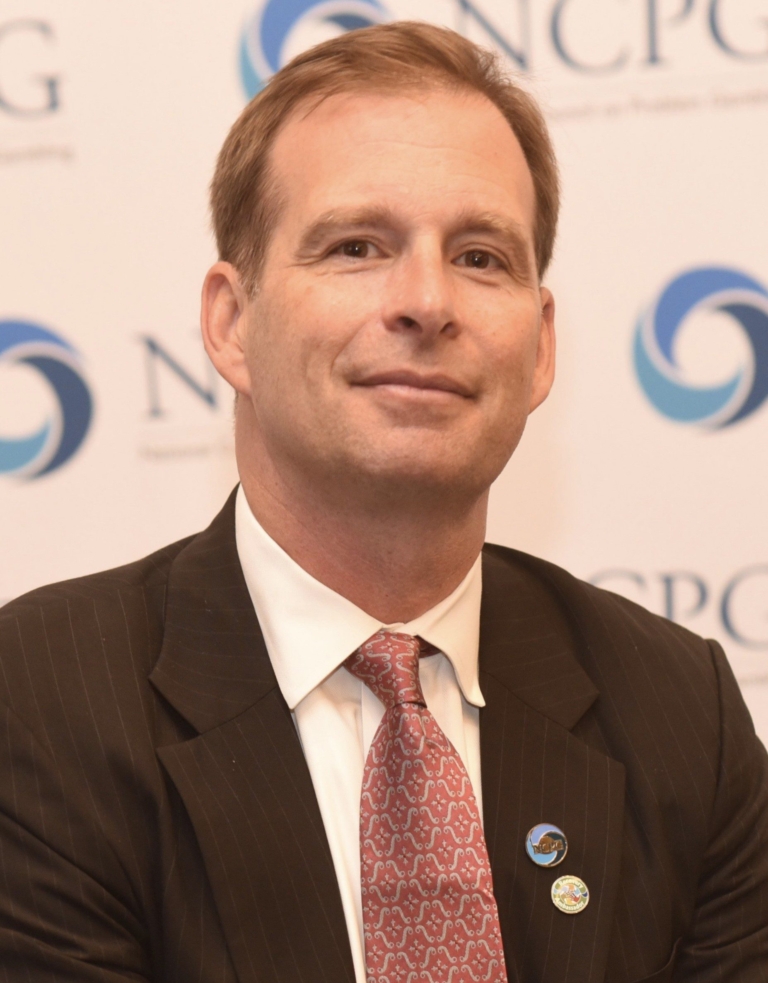
James Kilsby
James was appointed as VP of Americas in 2010 to build VIXIO’s North American-based operations after his success in building the international operations based in the UK. He continues his role as Chief Analyst for GamblingCompliance. James’ extensive industry experience in gambling regulation has led to being invited to speak at many of the premier industry conferences in the United States, Latin America and Europe, including at the European Parliament in Brussels as a thought leader. A fluent Spanish and Portuguese speaker, James has a keen interest in emerging Latin American gambling markets including Mexico and Brazil. James holds an MA in Latin American History and Politics from the University of London.

Cole Wogoman
Cole Wogoman joined NCPG in November 2021. He focuses on advocating for NCPG’s legislative agenda of problem gambling and responsible gambling policies to both the U.S. Congress and the Executive Branch. Cole also works with NCPG’s Board of Directors, state affiliates, and members on proposed state and local legislation and regulations across the country.
Cole is a licensed attorney in the District of Columbia. Previously, he served as legislative counsel for D.C. Councilmember Mary M. Cheh, advising her on a wide range of issues, including sports gambling, transportation, and agency oversight. Before his time in public service, Cole worked as an associate for the law firm of Willkie Farr and Gallagher. He holds a JD from the University of Virginia School of Law, and a BA in Political Science with a minor in Business Economics from the University of Notre Dame.

2024 NCPG Annual Members Meeting
The National Council on Problem Gambling Board of Directors invites you to the NCPG Members Annual Meeting on Tuesday, August 6, at 1:00 pm ET. Hear from NCPG’s Board and staff leadership about recent accomplishments and join fellow NCPG members for innovation, advocacy and networking.
The 2024 meeting will be hosted virtually via Zoom.
Agility Grants Fall 2024 Info Session
This 60-minute webinar will provide information on how to apply for Agility Grant funding. Geared for first-time applicants, the webinar is designed to help you to submit your best application possible. During the webinar, we will review the essentials of applying, including:
- Strategic pillars & program principles
- Who can apply for Agility Grants
- Examples of eligible projects
- How to apply: An overview of the application platform
- Common application pitfalls and how to avoid them
- Tips to strengthen your project proposal
- Q & A
There are no CE’s available for this webinar.
Ask an Expert: Carolyn Hawley, Virginia Council on Problem Gambling - 2023 NCPG People’s Choice Award Recipients
Learn how the Virginia Council on Problem Gambling, recipient of the 2023 People’s Choice Award for Affiliates, used their 2022 Annual Report to tell a compelling story about their work in a fast-changing environment – and how you can do the same. Annual reports are not easy, but they are important! Join Carolyn Hawley, President of the Virginia Council on Problem Gambling, and Jennifer Davis Walton, Director of Gambling Services for the Virginia Partnership on Gaming and Health, to learn some useful tips. And stay on afterward for members-only networking!
There are no CE’s available for this webinar.
Presenter
Carolyn Hawley, PHD
Carolyn E. Hawley is an Associate Professor in the Department of Rehabilitation & Mental Health Counseling, College of Health Professions, at Virginia Commonwealth University. She is the Director of the Virginia Partnership for Gaming and Health and President of the Virginia Council on Problem Gambling.

Ask an Expert: Making the Most of Your NCPG Membership
NCPG Members are invited to join this ‘Ask an Expert’ Webinar featuring Liz Lanza, Chair of the NCPG Membership Committee and Director of the Office of Compulsive and Problem Gambling for the PA Gaming Control Board, along with Barbara Rollins, Deputy Director of NCPG. Liz and Barbara will offer suggestions and answer questions about NCPG member benefits and how to use them to enhance your professional and personal development in problem gambling and responsible gambling. From networking and training opportunities to discounts on registrations to the National Conference and other educational programs, learn how to make your NCPG membership work for you!
This session will be a Q&A format followed by structured networking time for all attendees. There are no CE’s available for this webinar.
Presenter
Liz Lanza
Liz Lanza is the Director of the Pennsylvania Gaming Control Board’s Office of Compulsive and Problem Gambling. As Director, Liz administers the state’s Self-Exclusion Programs, oversees casino and iGaming licensees’ Compulsive and Problem Gambling Plans, develops responsible gambling regulations and collaborates with state, national, and international agencies and organizations on gambling disorder prevention, education, awareness and outreach. Liz is the Chair of the NCPG Membership Committee.

Ask an Expert: How the Problem Gambling Network of Ohio Celebrates PGAM
Explore the Problem Gambling Awareness Month (PGAM) landscape at the state level with the Executive Director, Derek Longmeier, from the Problem Gambling Network of Ohio (PGNO). As a leading force in the state, PGNO actively collaborates with stakeholders year-round to elevate Ohio’s problem gambling service system through innovative approaches, advocacy, and support. Join us for an insightful discussion with Derek Longmeier to gain valuable insights into PGAM initiatives at PGNO and gather practical tips for implementing similar strategies in your organization.
This session will be a Q&A format followed by structured networking time for all attendees. There are no CE’s available for this webinar.
Presenter
Derek Longmeier
Derek Longmeier is the Executive Director of the Problem Gambling Network of Ohio. He serves as Treasurer on the National Council on Problem Gambling Board of Directors, Chair of the Finance Committee, and a member of the Affiliate Committee. Derek is an Ohio Certified Prevention Consultant. He obtained an MBA from Ohio Dominican University and a BA in Psychology from The Ohio State University.
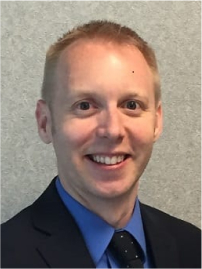
The Basics of Program Evaluation
During this webinar, participants will learn the essentials of program evaluation and the important role evaluation can play in grant applications, program implementation, and program improvement. Funders and stakeholders increasingly want to know exactly what outcomes programs expect to achieve and how that impact is being tracked. However, articulating the value and effectiveness of programs—particularly of small grant programs–can seem impossibly difficult. This webinar is tailored to the basics of program evaluation, including types of evaluation, evaluation designs, measurement, implementation, and reporting, specifically for small grants and programs.
The webinar is a starting point that will help participants answer the following questions for their programs: What does success look like? How do we achieve results? And how do we measure our results with limited resources? The session will provide participants with resources to get started and will focus on how high-quality evaluations not only strengthen applications but also improve the quality and impact of work during program implementation.
There are no CE’s available for this webinar.
Presenter
Matthew W. Courser, Ph.D.
Matthew Courser is a Senior Research Scientist with the Pacific Institute for Research and Evaluation (PIRE). He is an evaluator and research methodologist who works in the areas of substance use prevention, treatment, and community systems development. He has supported and evaluated state-level and community-level problem gambling prevention and treatment initiatives in Ohio since 2015. Dr. Courser specializes in working with Appalachian and rural communities to build community capacity and to address the social determinants of health. His work has been funded by NIH, SAMHSA, HRSA, and ACF.

Agility Grants Spring 2024 Info Session
This 60-minute webinar will provide information on how to apply for Agility Grant funding. Geared for first-time applicants, the webinar is designed to help you to submit your best application possible. During the webinar, we will review the essentials of applying, including:
- Strategic pillars & program principles
- Who can apply for Agility Grants
- Examples of eligible projects
- How to apply: An overview of the application platform
- Common application pitfalls and how to avoid them
- Tips to strengthen your project proposal
- Q & A
There are no CE’s available for this webinar.
Preparing for Problem Gambling Awareness Month 2024
March is Problem Gambling Awareness Month! PGAM is designed to raise public awareness about problem gambling and increase of prevention, treatment and recovery services. This webinar will include a preview of the new PGAM 2024 awareness toolkit materials and a brief overview of Gambling Disorder Screening Day, by the Division on Addiction at Cambridge Health Alliance.
There are no CE’s available for this webinar.
This webinar is free to the public, but registration is required.
Presenters
Cait Huble, MA, MBA
Cait Huble originally served as NCPG’s first Communications Manager from 2017 to 2019 and returned in December 2021 as Director of Communications. In this role she is responsible for leading communications strategy, including public awareness and education, media relations, and brand partnerships.
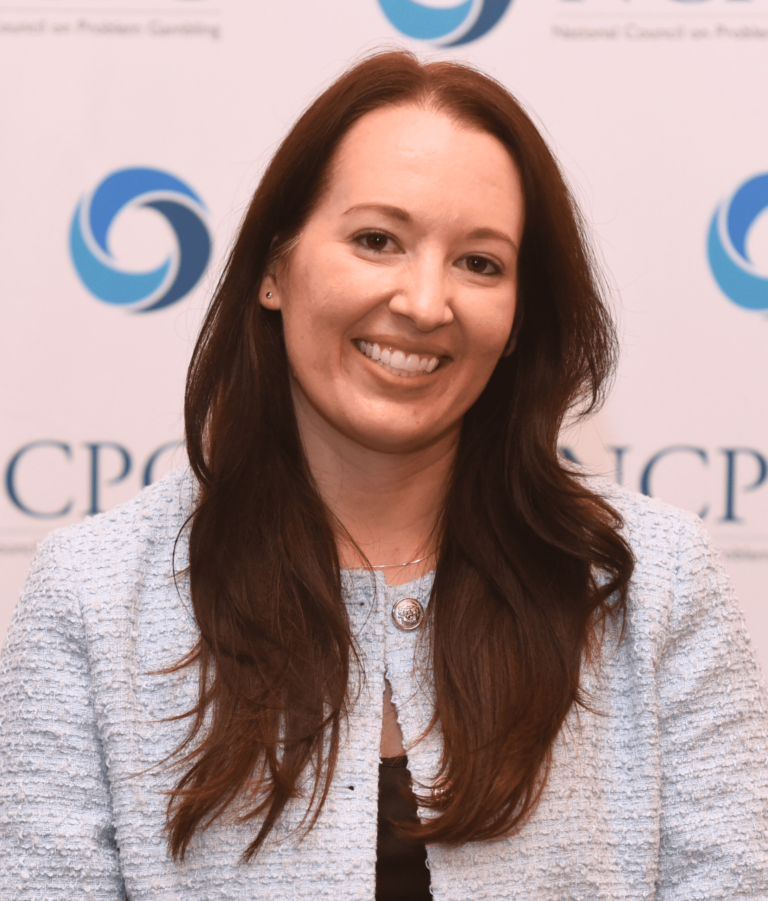
Caitlyn Matykiewicz, MPH
Caitlyn Matykiewicz is a Community Health Educator with the Division on Addiction at Cambridge Health Alliance, a Harvard Medical School teaching hospital. She is involved with several grant-funded projects for capacity building and outreach activities, including supporting Massachusetts addiction treatment providers to increase their capacity to provide problem gambling treatment. Mrs. Matykiewicz conducts in-person and multimedia trainings for health providers and community groups and manages various education and outreach activities, including the Division’s Gambling Disorder Screening Day.

Kira Landauer, MPH
Kira Landauer is a Community Health Educator with the Division on Addiction at Cambridge Health Alliance, a Harvard Medical School teaching hospital. She is involved with grant-funded projects for capacity building and outreach activities, including supporting Massachusetts addiction treatment providers to increase their capacity to provide problem gambling treatment. Ms. Landauer conducts in-person and multimedia trainings for health providers and community groups and manages various education and outreach activities, including overseeing the Division’s Gambling Disorder Screening Day.

Cultural Humility In Practice: Building Bridges For Inclusivity
By embracing cultural humility, professionals can better understand the unique needs of individuals from diverse backgrounds. This webinar will provide a platform for problem gambling professionals, researchers and advocates to deepen their understanding of how cultural humility can foster inclusivity and improve outcomes for individuals and communities impacted by gambling-related harm. Attendees will gain insights into best practices and practical strategies for creating culturally sensitive, inclusive and effective problem gambling prevention, intervention and treatment programs.
There are no CE’s available for this webinar.
Presenters
Haley Brown
Haley Brown is a Certified Prevention Specialist and the Primary Prevention Services Coordinator for the Connecticut Department of Mental Health and Addiction Services, Problem Gambling Services. She is certified in Diversity, Equity, and Inclusion through Suffolk University’s Center for Continuing and Professional Education. Haley is the former President of the Connecticut Association of Prevention Professionals and the former Project Director of the Wolcott Citizens Against Substance Abuse (CASA) Drug-Free Communities Coalition. She has been working in the prevention field since 2011.
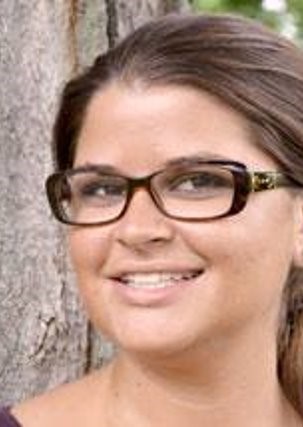
Vanessa Fernandez, ICGC-II
Ms. Vanessa Fernandez is Treatment Director and Vice President of the Clinical & Forensic Institute, Inc. (CFI), with offices in Broward and West Palm Beach, Florida. She is a Licensed Mental Health Counselor and an ICGC-II providing therapeutic services in both English and Spanish. She has over 15 years’ experience working with diverse populations including those suffering from Gambling Disorder, substance use disorders, paraphilic disorders and severe and persistent mental illness. She serves as Co-Chair of NCPG’s Diversity, Equity & Inclusion committee.

Ask An Expert With Carolene Layugan – Responsible Gambling Firsts, Caesars’ Policies & Program
NCPG Members are invited to join this ‘Ask an Expert’ Webinar featuring Carolene Layugan, Responsible Gaming Program Director for Caesars. Carolene will answer questions about Caesars’ fundamental philosophy underpinning their responsible gambling policies and programs, highlight key milestones in the program’s evolution and provide an overview of Caesars’ current endeavors.
This session will be a Q&A format followed by structured networking time for all attendees.
There are no CE’s available for this webinar.
Presenter
Carolene Layugan
Carolene Layugan is the Director of Responsible Gaming at Caesars Entertainment, Inc. and has been with the company since January 2000. Carolene helps administer RG strategy and oversees training on its RG Program. Caroline currently serves as an Advisory Board Member for the NCPG and is a board member with the Nevada Council on Problem Gambling. Caroline served as a board member with Caesars Entertainment’s HERO Volunteer Committee, the Nevada Advisory Committee on Problem Gambling, and the Las Vegas Asian Chamber of Commerce. She is active in local and national AAPI organizations.
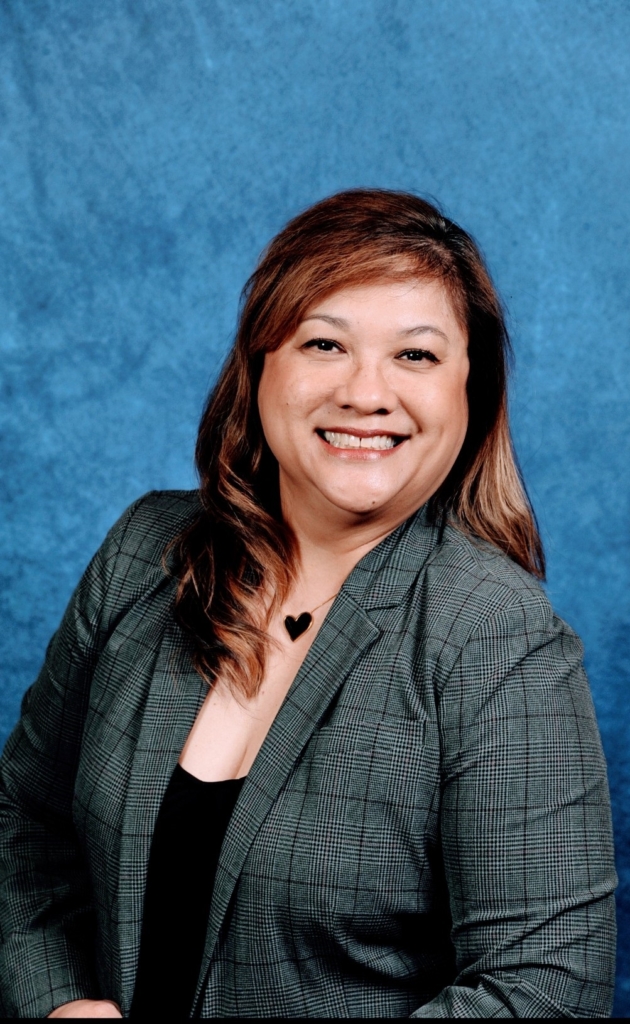
The Hidden Battle: Addressing Problem Gambling Among Veterans
An exploration of the often-overlooked challenge of problem gambling among veterans, this webinar will investigate the prevalence, causes and consequences of problem gambling within the US military veteran community and provide insights into effective prevention and support strategies. Participants will explore the ways military culture may predispose veterans to developing a gambling problem. Additionally, the webinar will shed light on the correlation between suicidal tendencies and problem gambling among veterans. Understanding these complex dynamics can play a pivotal role in shaping a more compassionate and informed approach to supporting veterans impacted by gambling-related harm, ultimately contributing to a safer environment for those who have served.
There are no CE’s available for this webinar.
Presenter
Jonathan R. Crandall
Jonathan Crandall is the Veteran Outreach Coordinator for the New York Council on Problem Gambling (NYCPG). He obtained a bachelor’s degree in Social Work from Keuka College, is a Certified Peer Recovery Advocate (CRPA), certified in Veteran-Supported Recovery (VSR), co-chair of the military committee for the National Council on Problem Gambling (NCPG), and a Veteran of the United States Marine Corps.
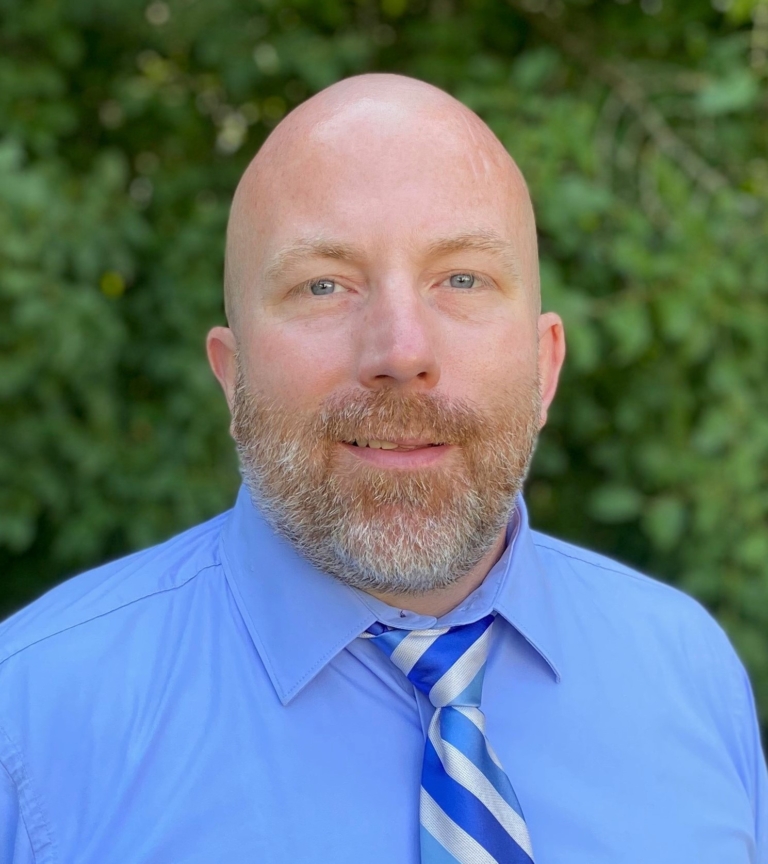
Enhancing Responsible Gambling: Empowering Our Partners For Positive Impact
During Responsible Gaming Education Month, NCPG seeks to highlight two of its own initiatives that aim to strengthen consumer safeguards and promote responsible gambling practices. The Responsible Gambling Verification Program and the Internet Compliance Assessment Program are pivotal in evaluating the efficacy and effectiveness of responsible gambling strategies, plans and governance. Learn more about these programs and how the standards and rigorous evaluation process can help organizations plan and implement effective responsible gambling in all aspects of their operations.
There are no CE’s available for this webinar.
Presenters
Amanda Quintana
Amanda Quintana is the Program Manager at the National Council on Problem Gambling, where she is responsible for sustaining and strengthening NCPG’s programs and provides leadership and expertise in problem gambling prevention, education, responsible gambling, treatment, research, and recovery. Prior to her current position, Amanda managed a regional network of licensed mental health professionals, ensuring individuals and families impacted by problem gambling received the necessary treatment and support. She has a rich background in community-based addiction services and recently graduated from the esteemed Johns Hopkins Bloomberg School of Public Health with a Master’s degree in Population Health Management.
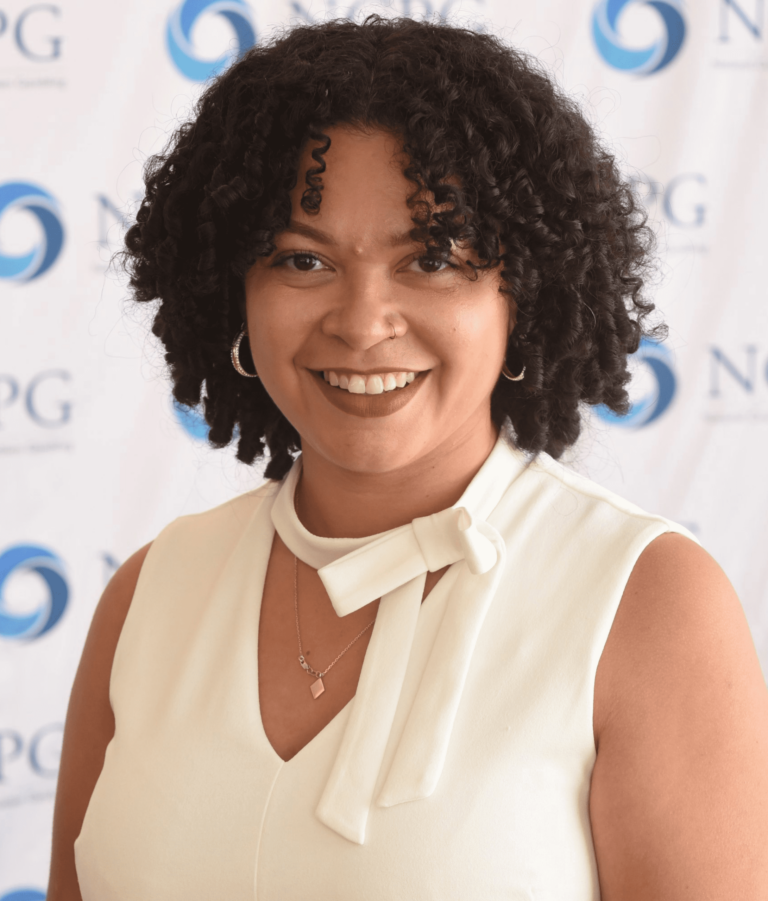
Sarah Ramanauskas
Sarah Ramanauskas works with regulators, gambling operators, lottery operators and NGOs worldwide, helping to enhance and improve player protection and reduce gambling harm. In particular, she is the assessor for NCPG’s iCAP certification. She also provides pro bono support to charities and social enterprises which aim to reduce gambling addiction and its associated harms. She is a frequent speaker and judge for responsible gambling events and awards. She holds a Masters in English Literature from Oxford University.

Andrew White, M.ED.
Currently in his 25th year at NASPL, Andrew White has served as the VP Operations since 2013. In this role, he works closely with the Executive Director to ensure the association continues to be innovative, stays true to its mission, and serves the lottery industry. White’s current focus includes CSR, RG, Standards, and Best Practices. Other areas of work include Membership Services, Electronic Media and A/V Production, Government Relations, Event Planning, and Tradeshows. White is a graduate of Edinboro University.
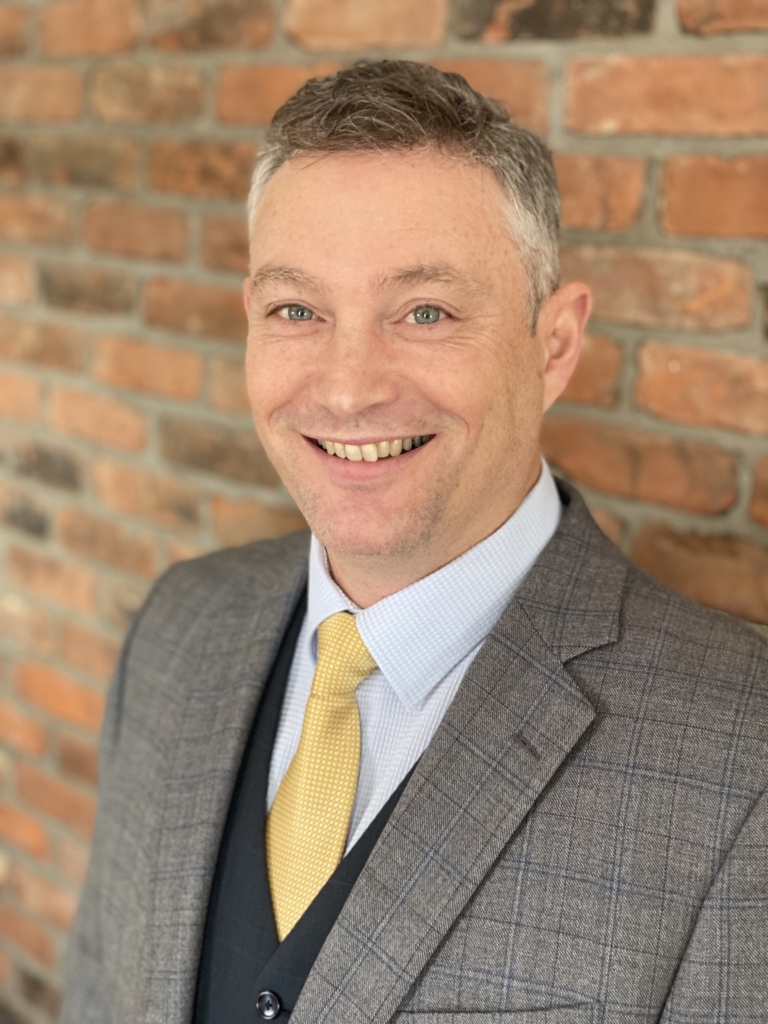
Keesha Garrett
Keesha Garrett is the Corporate Responsibility Director at the Michigan Bureau of State Lottery with over 20 years dedicated to public service. Prior to joining the Michigan Bureau of State Lottery in April 2022, Keesha was a Civil Rights Manager with the Michigan Department of Civil Rights, responsible for protecting the civil rights of Michigan residents. As the Corporate Responsibility Director of the Michigan Bureau of State Lottery, Keesha oversees Michigan Lottery’s responsible gaming program, Diversity, Equity, and Inclusion initiatives, and ADA compliance.
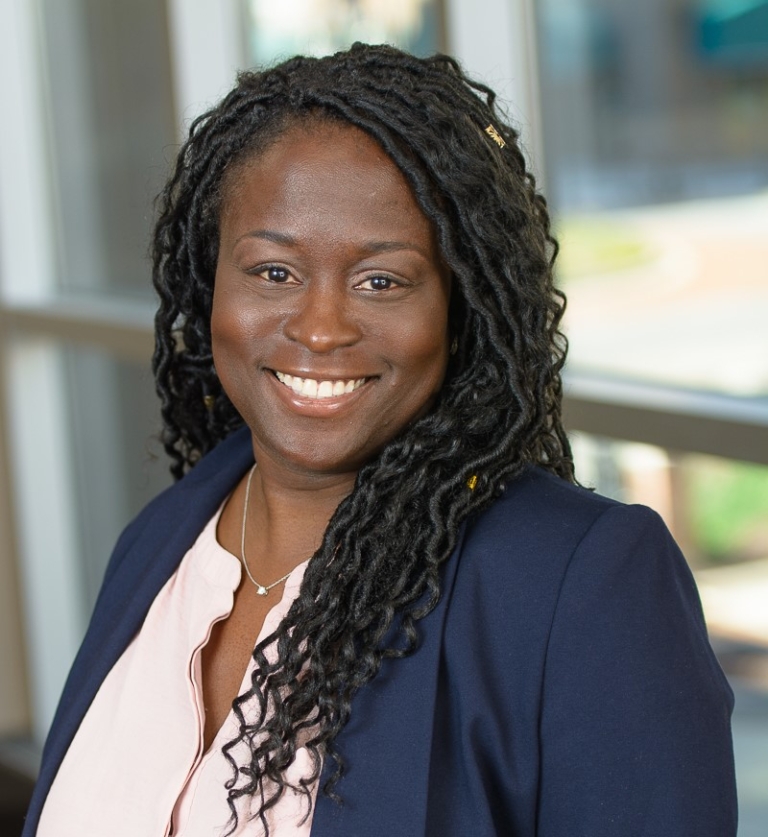
A Roadmap For Including The Lived Experience Perspective
During Recovery Month and throughout the year, NCPG strives to elevate the voices of individuals in recovery from a gambling problem. Learning from those with lived experience provides a unique but critical perspective. This webinar will highlight how Betknowmore, a charity addressing gambling-related harm in UK communities, has implemented real-world strategies for considering the views of those with lived experience and worked to incorporate these perspectives into each piece of the organization. Attendees will explore ways to adapt their current problem gambling and responsible gambling initiatives through a lived experience lens to provide a more comprehensive approach to prevention, education, treatment and recovery efforts.
There are no CEs available for this webinar.
Presenters
Matt Smith
Matt Smith is Head of External Affairs for Betknowmore UK. The charity is part of the National Gambling Support Network and runs peer support services, women’s only programmes, community outreach work across the UK as well as preventative training and consultancy for the industry through its global arm. Matt amongst other members of the team has lived experience of gambling harm with over 8 years in sustained recovery. His background is in the media industry where he spent well over a decade.
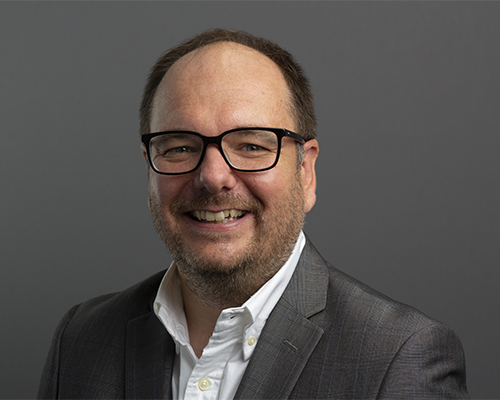
Liz Riley, Ph.D.
With a background in academia, Liz leads on Betknowmore UK’s research activities, conducting applied research that helps shape the charity’s support services, as well as partnering with a wide range of universities and other organisations on diverse research projects that improve our understanding of gambling harms.

Anna Niemczewska
Anna Niemczewka is the Director of Operations at Betknowmore UK, a UK charity dedicated to tackling gambling harms by building on the expertise of those with lived experience. Anna works to make sure that the operational barriers in creating services built on lived experience – administrative, technological, organisational and personal – are removed. She’s excited to share how Betknowmore UK does this and to learn from others how they work to ensure this!
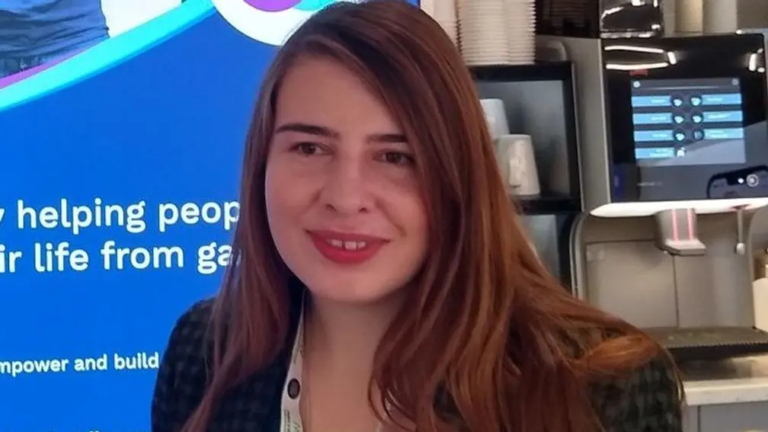
Ben Davies
Ben worked in the gambling industry in the UK for over 15 years before joining Betknowmore to head up the Safer Gambling Training program. Using his industry knowledge and experience he helped to develop the program that has since grown across globally. Ben is now the Director of Commercial Affairs, overseeing all commercial programs within Betknowmore Global.
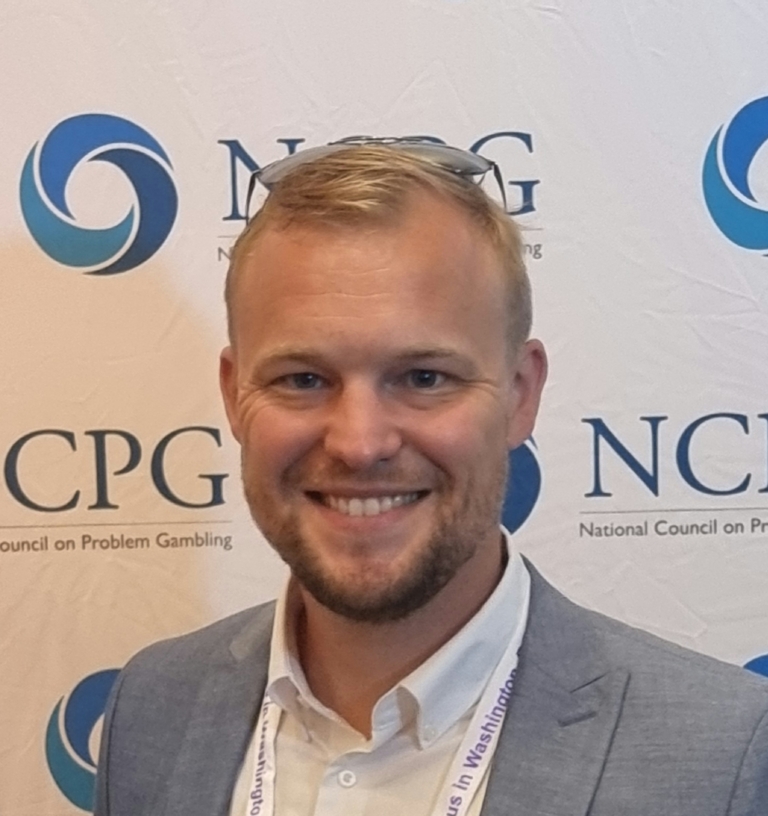
Culture And Gambling Intersections: Exploring The Influence And Impact
Join us for an engaging webinar as distinguished colleagues delve into the captivating world where culture and gambling intersect. As we kick off a series about culture and gambling, we will discuss the multifaceted dimensions of culture, examining its influences on gambling and risk-taking behaviors. Together, we will explore how culture shapes individuals’ attitudes toward seeking assistance and the impact of stigma and shame, unveiling their intricate connection to cultural contexts. Prepare to explore the complex relationship between culture and gambling with this opportunity to expand your knowledge on a subject that impacts individuals across diverse cultural backgrounds.
There are no CE’s available for this webinar.
Presenters
Christina Thakor-Rankin
Christina has over 30 years’ experience leading teams across all aspects of the global betting and gambling industry holding senior roles with some of world’s leading brands. She is currently Principal Consultant at 1710 Gaming Ltd working with start-ups, investors, established operators, regulators, law enforcement and industry groups and associations across the world, advising on all aspects of betting, gaming and gambling, and continues to serve as a practicing Compliance Officer and trainer with particular focus on Responsible Gambling and AML.

Michelle Malkin, JD, PH.D.
Michelle Malkin, JD, Ph.D., is an Assistant Professor of Criminal Justice at East Carolina University. Dr. Malkin’s research interests focus on problem gambling, gambling-motivated crime, and the experiences of LGBTQ+ people in the carceral system. In 2018, she received a research fellowship for her work on women and gambling-motivated crime from the Center for Gaming Studies at the University of Nevada, Las Vegas. Her dissertation on the Problem Gambling, General Strain Theory and Gender received the 2022 Dr. Durand Jacobs Dissertation Award from the National Council on Problem Gambling.
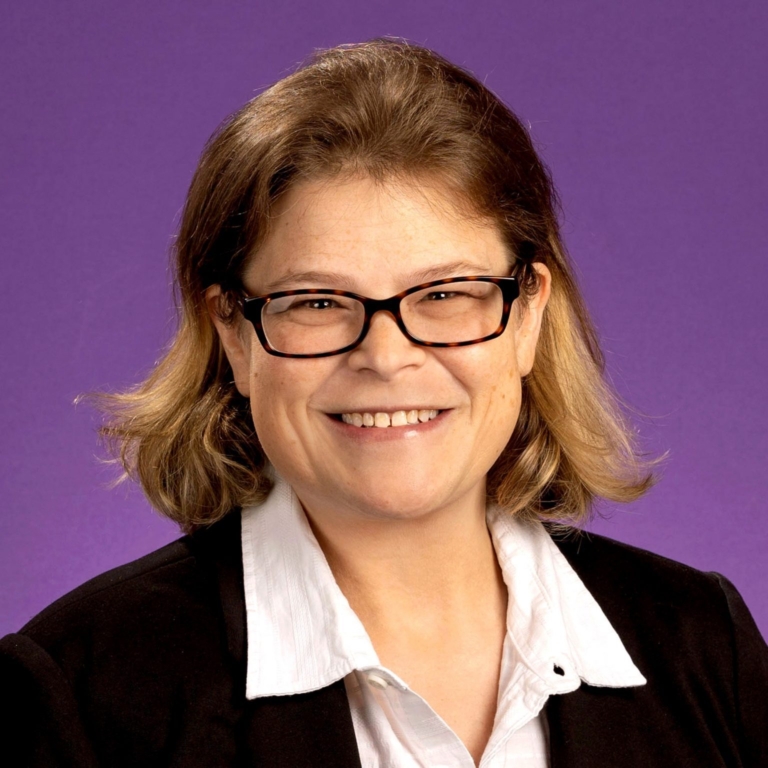
Agility Grants – Fall 2023 Info Session
This 60-minute webinar will provide information on how to apply for Agility Grant funding. Geared for first-time applicants, the webinar is designed to help you to submit your best application possible. During the webinar, we will review the essentials of applying, including:
- Strategic pillars & program principles
- Who can apply for Agility Grants
- Examples of eligible projects
- How to apply: An overview of the application platform
- Common application pitfalls and how to avoid them
- Tips to strengthen your project proposal
- Q & A
There are no CE’s available for this webinar.
Advanced Advocacy
This webinar will be the second installment of NCPG’s continued efforts to train members and supporters in problem gambling advocacy. This webinar will focus on direct contacts with legislators. Following the webinar advocates will understand how to identify which legislators to approach about problem gambling, conduct outreach to their offices and communicate with them about your concerns.There are no CE’s available for this webinar.
Presenter
Cole Wogoman, J.D.
Cole Wogoman joined NCPG in November 2021. He focuses on advocating for NCPG’s legislative agenda of problem gambling and responsible gambling policies to both the U.S. Congress and the Executive Branch. Cole also works with NCPG’s Board of Directors, state affiliates, and members on proposed state and local legislation and regulations across the country. Cole is a licensed attorney in the District of Columbia. Previously, he served as legislative counsel for D.C. Councilmember Mary M. Cheh, advising her on a wide range of issues, including sports gambling, transportation, and agency oversight. Before his time in public service, Cole worked as an associate for the law firm of Willkie Farr and Gallagher. He holds a JD from the University of Virginia School of Law, and a BA in Political Science with a minor in Business Economics from the University of Notre Dame.

Mobilizing Local Community Coalitions To Prevent Problem Gambling
Leveraging the coalition model that has been successfully used to reduce substance use prevention, Connecticut Department of Mental Health and Addiction Services Problem Gambling Services and the Connecticut Regional Behavioral Health Action Organizations partnered with CADCA to develop a training program that supports a regional, prevention science based approach to address complex community issues such as problem gambling and underage gambling. This webinar will discuss the innovative project undertaken between CADCA and Connecticut to mobilize a data driven regional approach to address problem gambling.
There are no CE’s available for this webinar.
Presenters
Dorothy Chaney, M.ED.
Dorothy Chaney a Master Trainer with CADCA and is also the Founder of Impact Community Planning Group, an organization committed to supporting coalitions, agencies and individuals to improve the health of their communities and the environments in which they live. Dorothy is committed to equity in community health and works with communities both nationally and internationally to address health disparities and support the development of local solutions to complex problems. For more than 20 years, Dorothy has worked with community-based coalitions to improve community health.
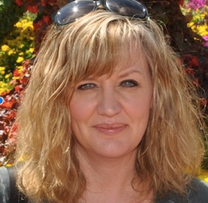
Kelly Leppard
Kelly Leppard is a Certified Prevention Specialist and the Primary Prevention Services Coordinator for the Connecticut Department of Mental Health and Addiction Services, Problem Gambling Services Division. Kelly has been working in the prevention field on the local and state level since 2008. Kelly was formally a Prevention Coordinator for a Drug-Free Communities Coalition and is a Past-President of the Connecticut Association of Prevention Professionals. She has a BA from Western New England University and is graduating this May with a MPA from the University of Connecticut.
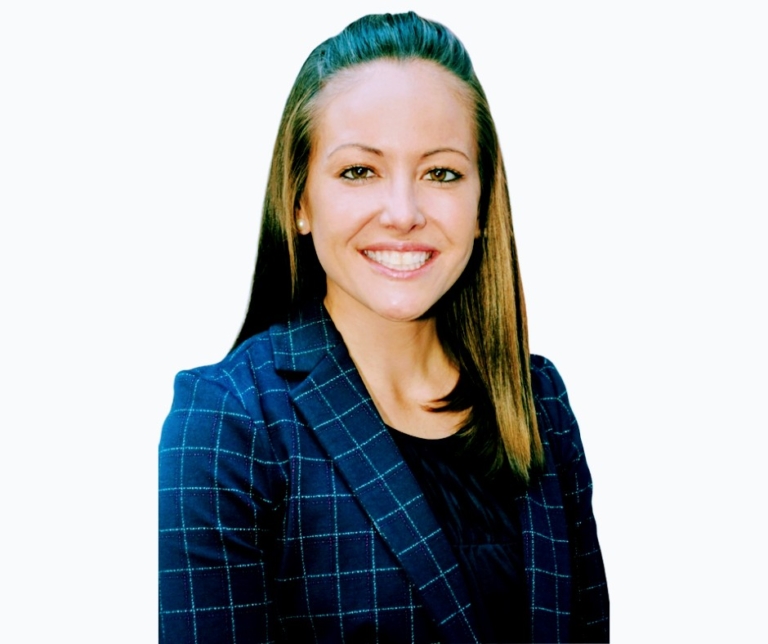
Expanding Access To Gambling Treatment: Telehealth And Web-Based Tools
Treatment providers know the power of in-person treatment. A face-to-face connection has been established as a key component of creating change. However, the COVID-19 pandemic prompted industry-wide increases in teletherapy services that are here to stay. Stakeholders across the healthcare space must be prepared for this evolving treatment landscape, evaluating both the costs and the benefits.
This webinar will include a conversation about the use of telehealth or teletherapy with gambling clients. The session will also explore the evidence that exists for making personal connections with clients and address ways that clinicians can use web-based tools to ease treatment engagement for those who are hesitant and battle client premature disengagement with treatment.
There are no CE’s available for this webinar.
Presenter
James Whelan, PH.D.
James P. Whelan, PhD is a Professor of Psychology at the University of Memphis and Director of The Institute for Gambling Education and Research. Within The Institute he has overseen the both the research lab and the treatment clinic for over 20 years. Presently, he is the principle architect of The Institute’s initiative to develop a research center responsible for all individuals living in the state of Tennessee – a project funded by Tennessee’s Department of Mental Health and Substance Abuse Services. His research spans prevention, assessment, and treatment of gambling related harms.
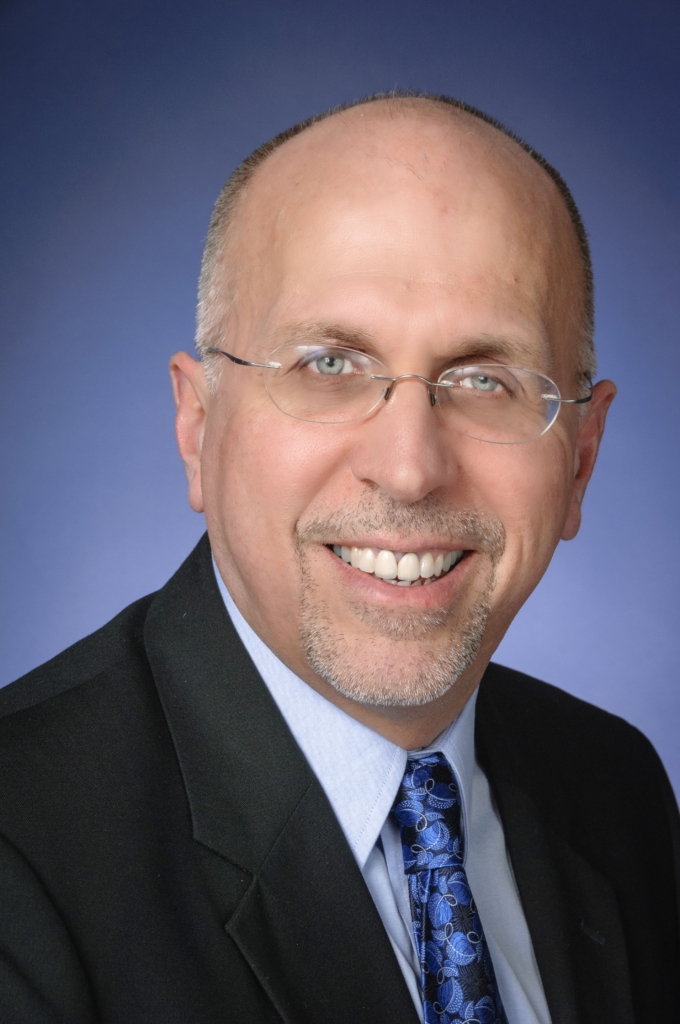
Raschkowan Webinar Series: Future Directions In Gaming Disorder Research
The concept of ‘gaming addiction’ has generated significant debate for many years. Among other concerns, opposing views have often cited the lack of consistency and standardization in the evidence base. With the recent inclusion of ‘6C51 Gaming disorder’ and ‘QE22 Hazardous Gaming’ in the International Classification of Diseases (ICD-11), the field has formal classifications that appear likely to propel the study of problem gaming forward. This talk will consider some of the important challenges and future directions of the gaming disorder field. Which areas of research are most needed to strengthen the evidence base for the condition, as we look ahead to the DSM-6? What technological trends and emerging gaming developments might affect the study of gaming disorder? What does the field need now?
This webinar is generously sponsored and presented free of charge by the Norman Raschkowan Foundation and presented in partnership with McGill University’s International Centre for Youth Gambling Problems and High-Risk Behaviors.
There are no CE’s available for this webinar.
Presenter
Dr. Dan King
Dr. Daniel King is an Associate Professor and clinical psychologist in the College of Education, Psychology, and Social Work, Flinders University. His expertise is the study of digital technology-based problems, with a focus on online gaming, simulated gambling, and social media. He has authored more than 200 peer-reviewed publications, including the first scholarly book on gaming disorder, and received funding from the Australian Research Council to study maladaptive gaming. He has provided consultation on gaming and gambling for national and international authorities, including the World Health Organization, and is an Associate Editor for Addiction and Journal of Behavioral Addictions.
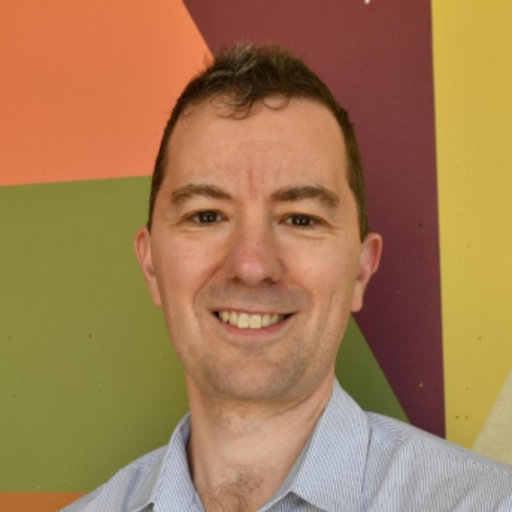
The Urgent Need For Diversity, Equity, Inclusion And Belonging In Behavioral Healthcare
Disparities in both access to health services and treatment outcomes have become increasingly evident for individuals from historically underrepresented communities. Social injustice and prejudice impact the health and well-being of BIPOC and LGBTQ+ individuals, and difficulty trusting the behavioral healthcare system discourages many people away from seeking help.
Recognizing these current realities, the National Association of Addiction Treatment Providers (NAATP) launched an action plan to promote change in diversity, equity, inclusion, and belonging (DEIB) practices in addiction treatment centers. Many behavioral health providers want to promote health equity, establish a more diverse staff and client base, and create more inclusive work and clinical environments, but they may not know where to begin or how to continuously improve. Just as treatment providers apply the Stages of Change in their work with patients, this model can help leaders chart a path to DEIB best practices.
This presentation will introduce NAATP’s Stages of Change Model for DEIB Best Practices, which can help providers – both those just starting this work and those who are well on their way – to identify areas for growth and specific action steps. Participants will learn how to use the Assessment Tool within their organizations to develop an action plan, and presenters will share examples of working with treatment providers at various stages of readiness for DEIB work.
There are no CE’s available for this webinar.
Presenters
Annie Peters, Ph.D., LP
Annie Peters is Director of Research and Education at the National Association of Addiction Treatment Providers (NAATP). She is Executive Director of the NAATP Foundation for Recovery Science and Education, leading the national FoRSE Addiction Treatment Outcomes Program to further understand substance use disorders through collaborative quality improvement and research. Dr. Peters is a clinical psychologist who has been working in the field since 2006, with experience in assessment, psychotherapy, process improvement, compliance, counselor education, and clinical leadership.

Zina Rodriguez, MSW, MCAP, CDE
Zina Rodriguez is a social worker, certified addiction professional, and certified diversity executive whose mission is to collaborate with organizations with creating inviting, intentional, and inclusive healing spaces for individuals to achieve mental wellness while creating pathways for success for individuals from underrepresented communities. She is passionate about bringing awareness to the vast disparity in mental health and substance use treatment services for BIPOC and LBGTQ+ communities and the need to address how racial and identity trauma impacts individuals and communities.

Ask An Expert With Hon. Cheryl Moss – Gambling Treatment Diversion Courts
Drug courts and other therapeutic/diversion courts, including programs for individuals with gambling problems, have been overwhelmingly successful in reducing criminal justice costs and recidivism, saving taxpayer dollars, improving rehabilitation rates for non-violent offenders, increasing restitution paid to victims and improving community health and wellness.
In November 2018, Judge Cheryl Moss became the first judge to preside over Nevada’s first Gambling Treatment Diversion Court. During this interactive webinar Judge Moss will answer questions about how a gambling treatment court runs, how eligibility for the defendants is established, the treatment-centric focus, the cost savings to taxpayers and the improvements to rehabilitation rates.
There are no CE’s available for this webinar.
Presenter
Hon. Cheryl Moss, J.D
Judge Cheryl Moss has served on the bench for over 19 years. In 2001, Judge Moss was the first judge to implement problem gambling assessments in domestic relations cases. In November 2018, Judge Moss became the first judge to preside over Nevada’s first Gambling Treatment Diversion Court (GTDC). In addition to her judicial duties, Judge Moss has volunteered her time to serve as a member of the Subcommittee on Legal Issues, created by the Governor’s Advisory Committee on Problem Gambling. Judge Moss graduated from the George Washington University, Washington DC, then attended the Columbus School of Law, Catholic University.
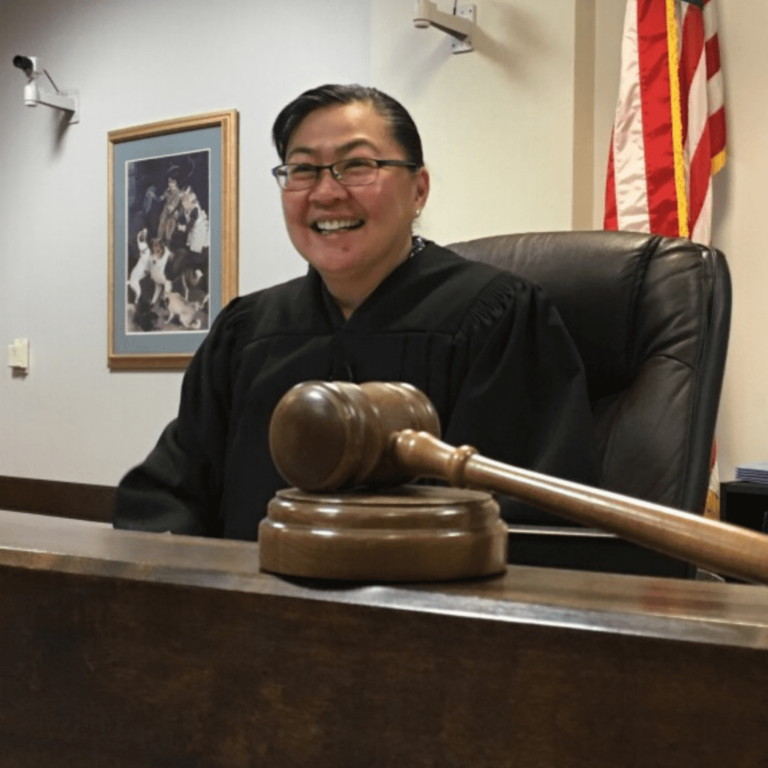
Unveiled: Problem Gambling Screening And Assessment E-Books!
Since 2020, the NCPG Treatment Committee has been working on a project to support clinicians who may encounter individuals and families struggling with gambling-related problems. The Committee worked diligently to review research and collect expert input to develop two manuals for use by the mental health and addiction fields: the Gambling Assessment Manual and the Problem Gambling Screening Standards Manual. Join experts and members of the NCPG Treatment Committee as they unveil these new tools! During this session, panelists will review the purpose, content and use cases for these manuals.
There are no CE’s available for this webinar.
Presenters
Fiorigio (Fred) Fetta, ICGC-II, BACC
Fiorigio (Fred) Fetta, has provided clinical oversight for the treatment and integration programs for Problem Gambling Services with the Department of Mental Health & Addiction Services (DMHAS) in Connecticut since 2014. Prior to his work with DMHAS, he provided treatment for individuals impacted by gambling disorder and affected loved ones in the roles of supervisor and clinician of a Bettor Choice Gambling Treatment Program. Fred is the chair of the National Council on Problem Gambling’s Treatment Committee.
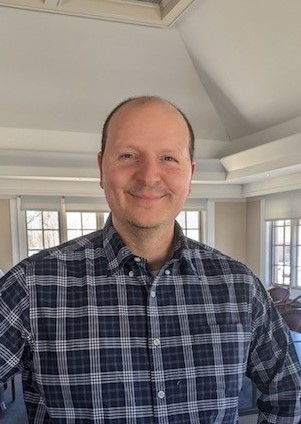
Tana Russell
Tana Russell became Assistant Director at Evergreen Council on Problem Gambling in 2019. She holds certifications as a Substance Use Disorder Professional (SUDP), Washington State Certified Gambling Counselor II (WSCGC-II), Nationally Certified Tobacco Treatment Provider (NCTTP), Certified Gambling Disorder Trainer (CGT), and completed extensive training on video/internet gaming disorder. She serves on the NCPG treatment subcommittee and is a member of the Washington State Gambling Counselor Certification Committee and was a part of the Washington State Problem Gambling Task Force.
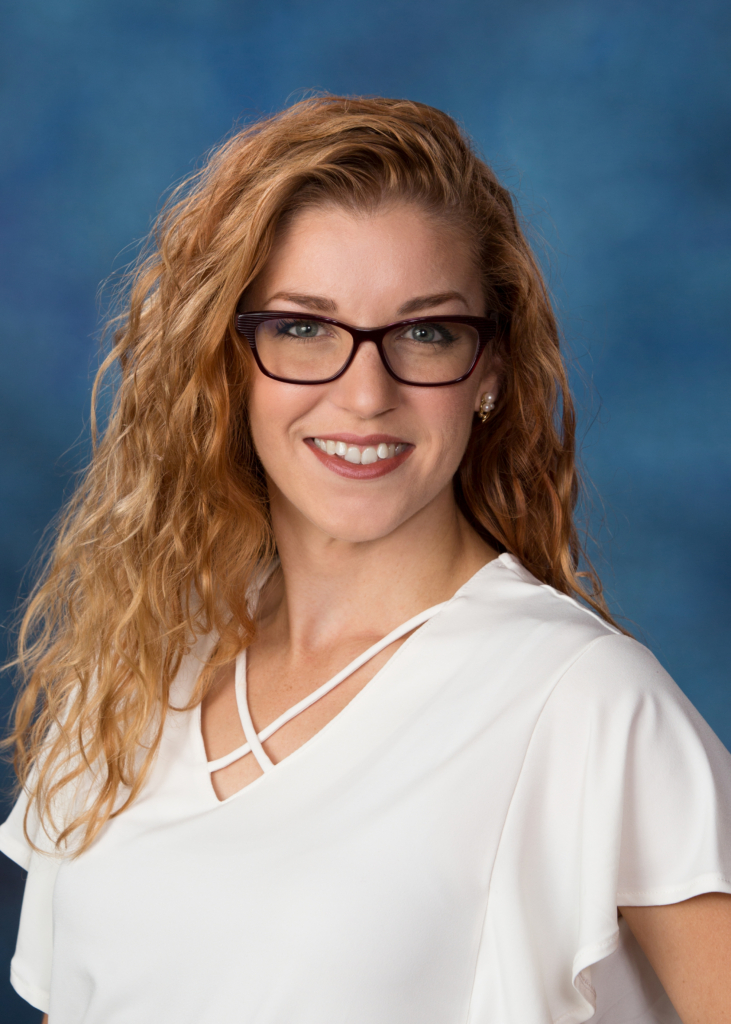
Curtis Dorsey, M.ED., ICGC-II, BACC
Curtis Dorsey is a graduate of the University of Arkansas Pine Bluff and Lesley University in Cambridge, MA. Curtis is a counseling educator, with 20 yrs. in clinical and instructional counseling experience and is a Certified Clinical Supervisor, Alcohol and Drug Counselor, Internationally Certified Gambling Counselor, Board Approved Clinical Consultant, Substance Abuse Professional/Dept. of Transportation, and Medically Assisted Treatment Specialist. Curtis provides clinical supervision for initial and re-certifications.
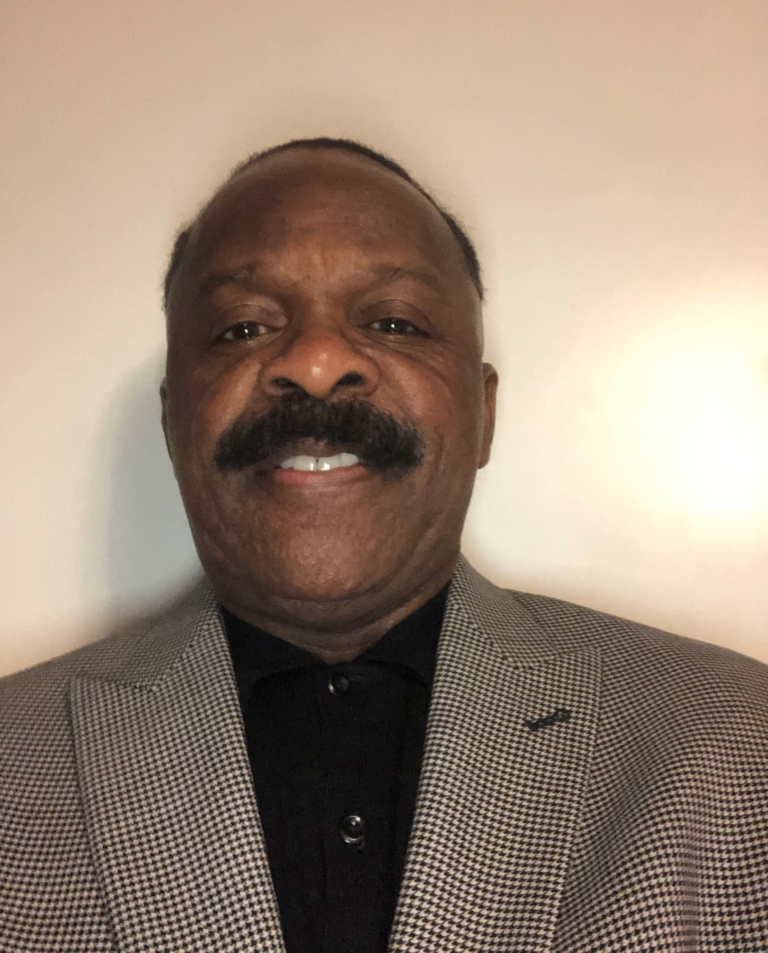
Lori Rugle, PH.D., ICGC-II
Lori Rugle, Ph.D. has worked in the field of problem gambling treatment and research since 1984. Her career has included the treatment of problem gamblers and their families in both public and private inpatient, residential and outpatient programs. She has provided consultation for state funded problem gambling programs throughout the US and internationally. Her research has included treatment outcome, attention deficits among pathological gamblers, neuroimaging and pharmacotherapy with problem gamblers, coping skills among homeless problem gamblers and PTSD among pathological gamblers. Currently, Dr. Rugle is Director of Problem Gambling Services (PGS) with the Department of Mental Health and Addiction Services for the State of Connecticut.
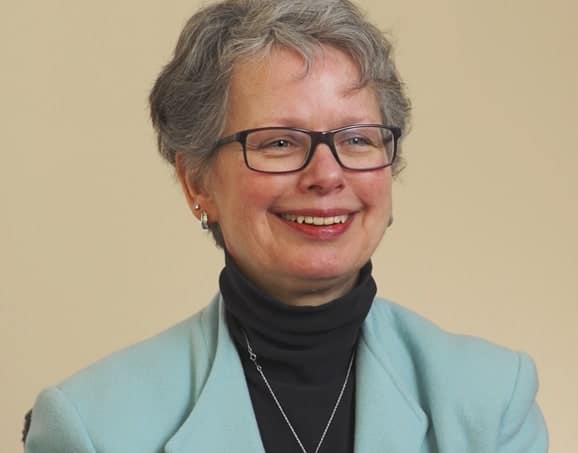
Raschkowan Webinar Series: Gambling In Massachusetts – From Table Games To Sportsbooks
With the passage of the Expanded Gaming Act in 2011, Massachusetts authorized the development of a casino industry in the state. During the subsequent eight years, three resort casinos were built in the cities of Plainville, Springfield, and Everett. These casinos brought immediate economic benefit to the Commonwealth in the form of local job creation, tourism revenue, tax revenue, and local aid. In addition, the social impacts of introducing casinos with electronic gaming machines and table games into the state have been documented by the SEIGMA team over the last decade with some surprising, and some not so surprising, results. The recent legalization of sports betting will bring a new gambling format to the Massachusetts gambling landscape. The economic and social impacts of such a venture can only be speculated upon at this early stage; however, previous work done by the research team can provide an idea of the potential impacts the introduction of sports betting may bring to the Commonwealth over time.
This webinar is generously sponsored and presented free of charge by the Norman Raschkowan Foundation and presented in partnership with McGill University’s International Centre for Youth Gambling Problems and High-Risk Behaviors.
There are no CE’s available for this webinar.
Presenter
Dr. Rachel Volberg
Dr. Rachel Volberg is a sociologist by training and has been involved in research on gambling and problem gambling since 1985. She has directed or consulted on numerous studies internationally, published extensively, and advised governments and private sector organizations on issues relating to gambling legalization, the epidemiology of problem gambling and public policy approaches to developing and refining services for problem gamblers and their families. In addition to her independent consulting company, Dr. Volberg is currently a Research Professor at the University of Massachusetts Amherst on the faculty of the School of Public Health and Health Sciences. In this position, she is the Principal Investigator on two major studies funded by the Massachusetts Gaming Commission: the ongoing Social and Economic Impacts of Gambling in Massachusetts (SEIGMA) study and the completed Massachusetts Gambling Impact Cohort (MAGIC) study.
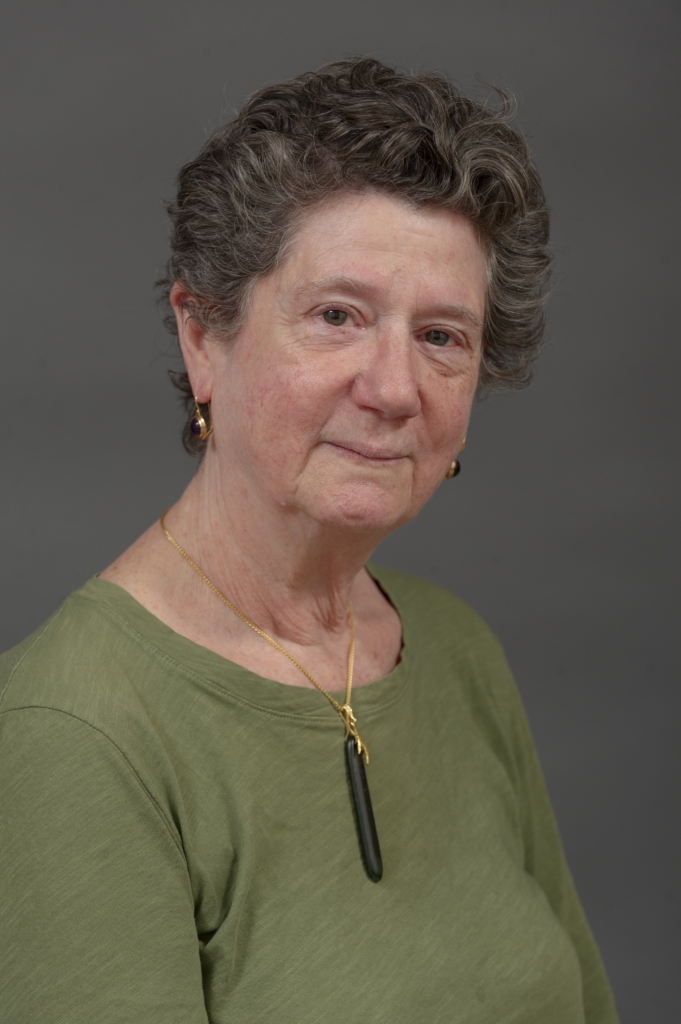
Gearing Up For Problem Gambling Awareness Month 2023 – 20th Anniversary Year!
Problem Gambling Awareness Month (PGAM), held annually in March, is designed to increase public awareness of problem gambling. 2023 will mark the 20th anniversary of PGAM! The webinar includes a preview of the PGAM 2023 awareness toolkit materials and a brief overview of Gambling Disorder Screening Day, by the Division on Addiction at Cambridge Health Alliance.
There are no CE’s available for this webinar.
Presenters
Julia Brunson
Julia Brunson joined the National Council on Problem Gambling in May 2022 as a Communications Administrator. In this position, she assists in the development of multi-channel content, manages social media accounts and helps execute communications strategy across all NCPG digital channels.
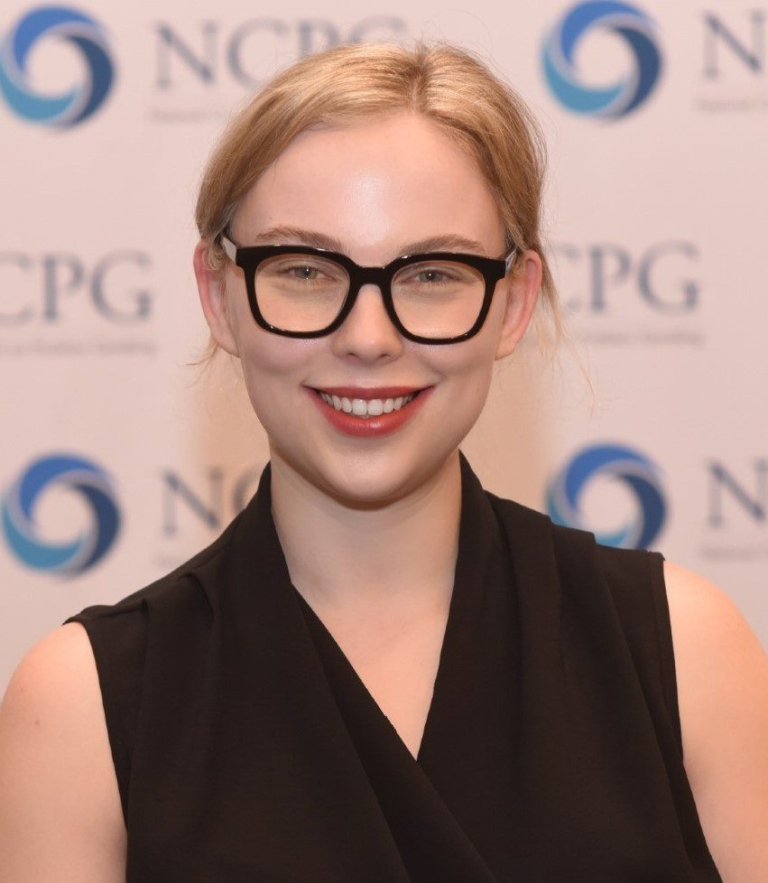
Caitlyn Matykiewicz, MPH
Caitlyn Matykiewicz is a Community Health Educator with the Division on Addiction at Cambridge Health Alliance, a Harvard Medical School teaching hospital. She is involved with several grant-funded projects for capacity building and outreach activities, including supporting Massachusetts addiction treatment providers to increase their capacity to provide problem gambling treatment. Mrs. Matykiewicz conducts in-person and multimedia trainings for health providers and community groups and manages various education and outreach activities, including the Division’s Gambling Disorder Screening Day.

Kira Landauer, MPH
Kira Landauer is a Community Health Educator with the Division on Addiction at Cambridge Health Alliance, a Harvard Medical School teaching hospital. She is involved with grant-funded projects for capacity building and outreach activities, including supporting Massachusetts addiction treatment providers to increase their capacity to provide problem gambling treatment. Ms. Landauer conducts in-person and multimedia trainings for health providers and community groups and manages various education and outreach activities, including overseeing the Division’s Gambling Disorder Screening Day.

The Basics Of Program Evaluation – What Everyone Needs To Know To Get Started With Evaluating Their Programs, Initiatives And Strategies
During this webinar, participants will learn the essentials of program evaluation and the important role evaluation can play in grant applications, program implementation, and program improvement. Funders and stakeholders increasingly want to know exactly what outcomes programs expect to achieve and how that impact is being tracked. However, articulating the value and effectiveness of programs—particularly of small grant programs–can seem impossibly difficult. This webinar is tailored to the basics of program evaluation including types of evaluation, evaluation designs, measurement, implementation, and reporting, specifically for small grants and programs. The webinar is a starting point that will help participants answer the following questions for their programs: What does success look like? How do we achieve results? And how do we measure our results with limited resources? The session will provide participants with resources to get started and will focus on how high-quality evaluations not only strengthen applications but also improve the quality and impact of work during program implementation.
*A note for Agility Grant Grantees and Applicants: Participation in this session is strongly encouraged for Agility Grant grantees and future applicants to support strong applications and program implementation. Following this session, Agility Grant grantees and applicants may sign up for a one-hour, one-on-one session with Dr. Courser to help refine and structure the evaluation piece of their Agility Grant application. Priority for this technical assistance will be given to current recipients of NCPG’s Agility Grants, with next priority given to applicants in the Spring 2023 application round before the submission deadline.
This webinar is free to the public, but registration is required.
There are no CE’s available for this webinar.
Presenters
Matthew W. Courser, PH.D.
Matthew Courser is a Senior Research Scientist with the Pacific Institute for Research and Evaluation (PIRE). He is an evaluator and research methodologist who works in the areas of substance use prevention, treatment, and community systems development. He has supported and evaluated state-level and community-level problem gambling prevention and treatment initiatives in Ohio since 2015. Dr. Courser specializes in working with Appalachian and rural communities to build community capacity and to address the social determinants of health. His work has been funded by NIH, SAMHSA, HRSA, and ACF.

Tessa Miracle, PH.D., OCPS
Tessa Miracle earned her PhD from the University of Cincinnati in Health Education. She has focused her professional efforts on decreasing substance misuse by supporting community-based intervention, and evaluation. She has served as coordinator and evaluator of statewide initiatives across Ohio to develop statewide and community capacity for the implementation of evidence-based strategies. Through these efforts she facilitated research to improve statewide systems and community health.

2023 NCPG Program Forecast & Goals
In this live webinar, members of the NCPG leadership team will provide insight into the organization’s strategic goals and plans for 2023.
There are no CE’s available for this webinar.
Presenters
Keith Whyte
Keith Whyte became the Executive Director of the National Council on Problem Gambling (NCPG) in October 1998. NCPG is the national advocate for programs and services to assist problem gamblers and their families. NCPG was founded in 1972 and is the oldest and most objective organization on gambling issues.
Previously, Mr. Whyte served as Director of Research for the American Gaming Association where he was responsible for research and public policy issues, including problem gambling. His prior experience includes the American Bar Association’s Section of Individual Rights and Responsibilities where he dealt with policy issues relating to civil rights, human rights, healthcare, and immigration law. He began his career working on healthcare policy in the office of the Assistant Secretary for Planning and Evaluation at the U.S. Department of Health and Human Services. Keith graduated from Hampden-Sydney College with a Bachelor of Arts in History and a Certificate in International Relations. He also studied at Leiden University, the Netherlands.

Phil Sherwood
Phil Sherwood brings 21 years of experience directing advocacy, government relations, and communication programs across New England. He has led more than 75 advocacy, electoral, public health, and responsible and problem gambling communication campaigns throughout the region. Additionally, Phil has extensive experience managing and directing fundraising efforts for non-profits, issue advocacy, and membership-based organizations. As Director of Communications & Marketing with the Massachusetts Council on Gaming and Health, Phil manages the public relations and communications efforts and recently led the organization through a major rebranding process.
